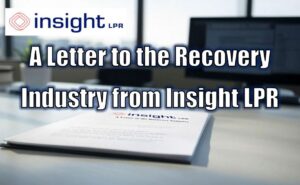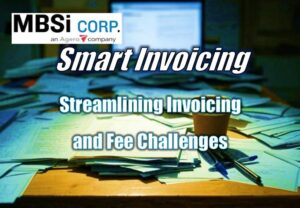
GUEST EDITORIAL
In a recent conversation with California repossession agency owner and recognized mover and shaker in CALR and the California Political Scene, Joe Collins, the unintended consequences of placing a moratorium on repossessions was discussed.
As the Facilitator of Eagle Group XX/USA, which is comprised of over 70 highly respected recovery agencies across the United States I was very concerned that the government issued mandates which prevented all repossessions from occurring in states like Illinois and California would spread to other states and have an adverse effect on an entire financial industry, the sub-industries it supports and the many vehicle buying consumers which have been affected by the current pandemic atmosphere.
Joe and I discussed how the consumers are adversely affected when impound and voluntary repossessions were prohibited, and I would like to share our discussion with the readers of this article.
VOLUNTARY REPOSSESSIONS: The consumer realizes that due to unforeseen circumstances they are no longer able to make the payments on a vehicle and contact the lender requesting they send someone to pick the vehicle up. If the lender is unable to hire a recovery company to perform the act of voluntary repossession the vehicle, due to government issued prohibitions, may sit on the street, in a parking lot, or another location where it is subject to vandalism such as broken windows, theft of radios, wheels and tires, seats and other parts. The cost to replace these items and prepare the vehicle for resale once it is picked up will all go back on the consumer in the final deficiency balance. On top of the possible damage the vehicle decreases in value each day it sits and again, this decrease in value will be passed back to the consumer by decreasing the final sale value of the vehicle and thereby increasing the deficiency balance. The person who really suffers and is most affected by this unintended consequence is the consumer.
IMPOUNDED VEHICLES: A vehicle is towed for various reasons and ends up in an impound lot. We have a tow bill and daily storage which may be more than $20.00 per day. Most states have a requirement that the impound lot notify the lien holder so that the vehicle may be recovered before the charges reach an unreasonable amount. The lienholder contacts a recovery agency, but the recovery agent is unable to pick the vehicle up due to government mandated prohibitions on repossessions. We again see the consumer suffering as daily charges accrue on the vehicle and the value of the vehicle decreasing with each passing day. These additional charges and decreased sale value will be passed back to the consumer when the final deficiency balance is calculated. Who suffers most? Obviously, the Consumer.
When the deficiency balance is passed back to the consumer, they may be forced to endure an extreme hardship in trying to pay the inflated balance or possibly forced into a situation where their only escape is bankruptcy, further impacting their ability to borrow in the future.
It is extremely important that the state and federal lawmakers be made aware of and have a clear understanding of these “UNINTENDED CONSEQUENCES” and that they see the futility in restricting repossessions of voluntary surrender and impounded vehicles.
PLEASE…contact your government representatives today and pass this information to them.
Find Your State Representatives Here!
Fine Your State Senators Here!

Ron Brown
Facilitator, EAGLE GROUP XX/USA
EDITORIAL: The Repossession Domino Effect, Unintended Consequences










Facebook Comments